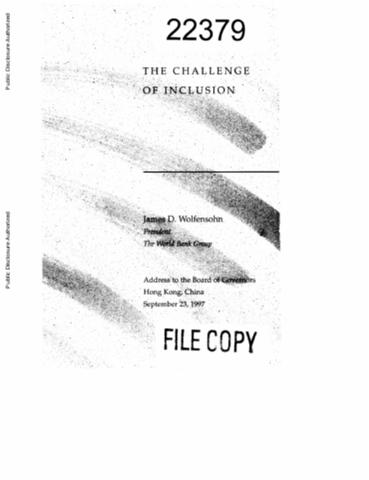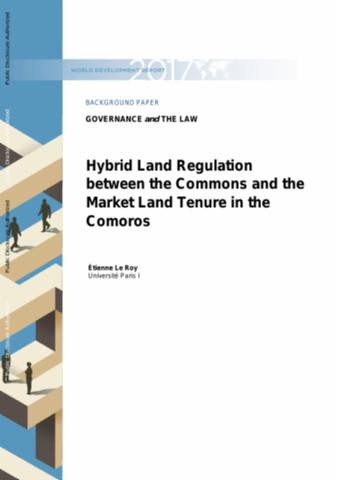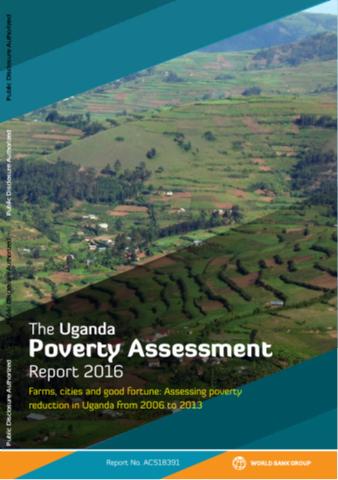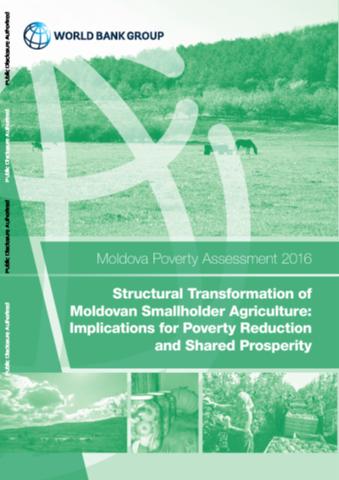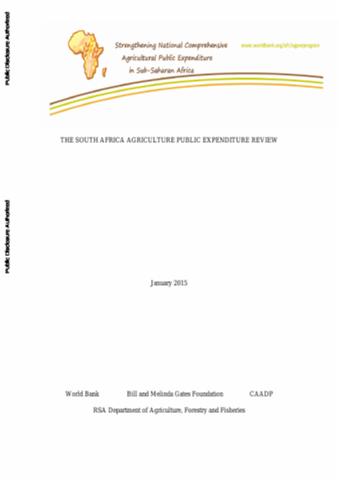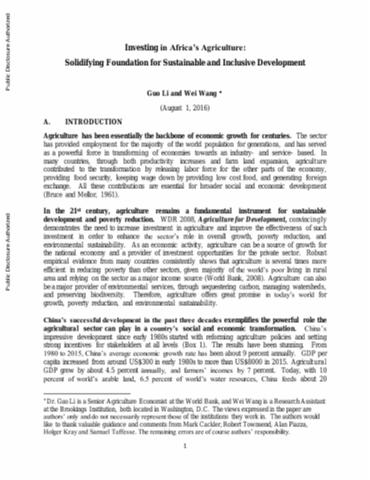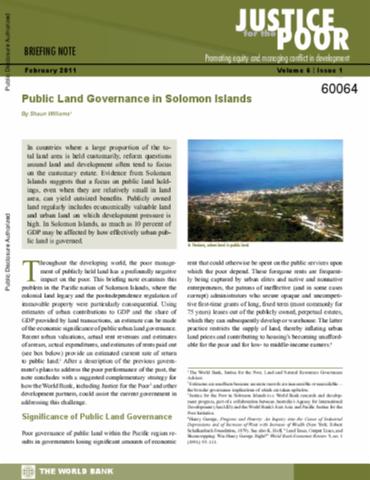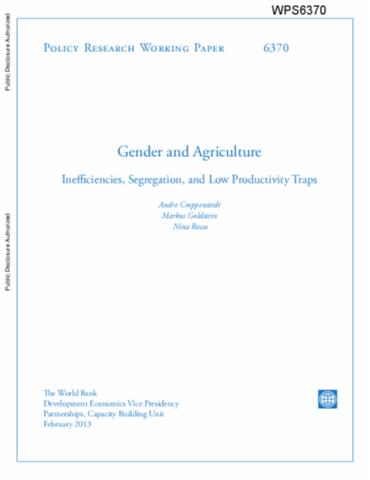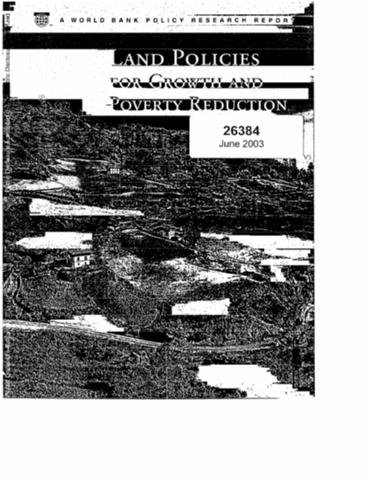The Challenge of Inclusion
This is the address to the Board of Governors, delivered by Mr. James D. Wolfensohn, President of the World Bank, in Hong Kong, China, on September 23, 1997. This year's core theme is the challenge of inclusion, bringing people into society who have never been part of it before, the main reason why the World Bank Group exists. On reviewing the state of development circa 1997: despite improved social indicators, the rapid rise in life expectancy levels, and freedom ascending, much still needs to be improved.

